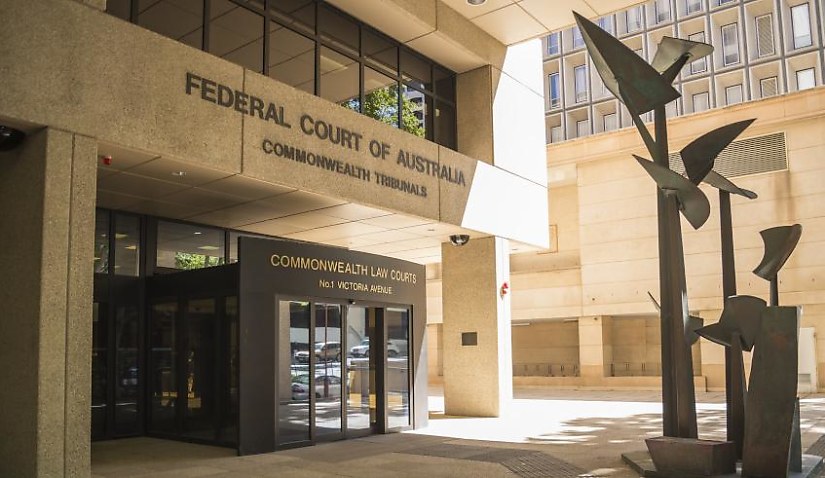Journalistic privilege upheld in significant Federal Court ruling
A journalist in the midst of a defamation suit will not have to reveal the 13 confidential sources who criticised an orthopaedic surgeon’s alleged controversial practices, the Federal Court ruled.

In a significant ruling, Justice Robert Bromwich found in favour of Nine journalist Charlotte Grieve, who is being sued alongside The Age, The Sydney Morning Herald and 60 Minutes by Dr Al Muderis for publications that allegedly exposed negligent conduct.
To continue reading the rest of this article, please log in.
Create free account to get unlimited news articles and more!
The ruling preserved the principle of journalistic privilege to safeguard a source’s identity and information.
“The public interest in non-disclosure is overwhelming and would have met and exceeded a far stronger public interest in disclosure than was present in this case,” Justice Bromwich found.
Dr Muderis argued because he believes he knows the identity or likely identity of seven of the 13 sources through information in evidence and inferences, “there is a substantially diminished public interest in denying him being able to confirm that suspicion or belief”.
He did not advance any case of waiver of journalistic privilege.
Justice Bromwich said he was unable to agree there is no significant public interest in a suspicion being confirmed or denied, particularly on the assumption the suspicion is well founded in the first place.
“Even if I am wrong about that, I would not attach any significant or determinative weight to such a suspicion or belief, however well-founded, either in materially elevating the weight of a public interest in favour of disclosure or in materially diminishing the weight of the public interest against disclosure,” Justice Bromwich said.
Justice Bromwich found journalistic privilege was made out in respect of each of the 13 sources, particularly as Ms Grieve had made promises not to disclose their identities during conversations.
Justice Bromwich added that while journalists could “make life easier” for themselves by expressly saying they would not disclose their identity and “perhaps making a short, written, signed and dated note”, he could make out in this case that a promise had been made.
“What really matters is what it is accepted was conveyed to the source by way of words and associated conduct in context, as may be deposed to by the journalist,” Justice Bromwich said.






